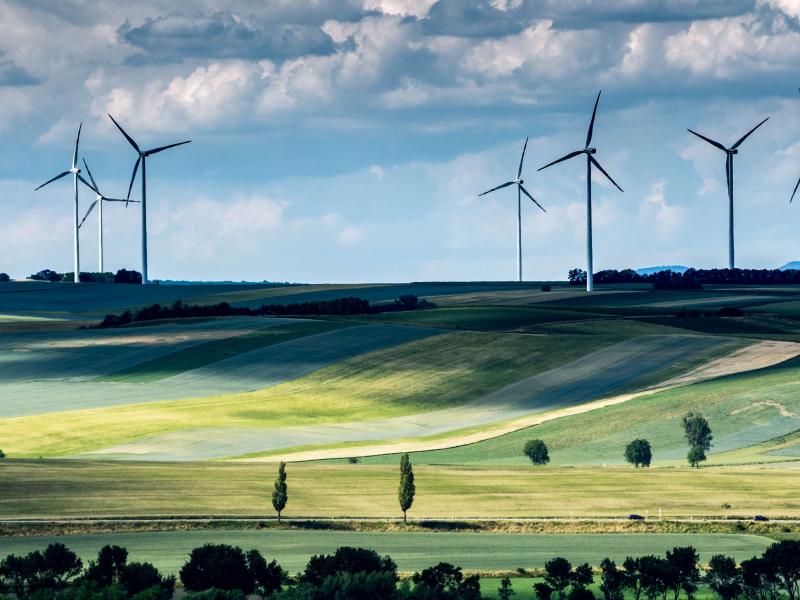Theme III: Making negative emissions work
Negative emissions are needed to meet the challenge of reaching a net-zero emissions economy by the second half of this century.
Theme III covers research to overcome the barriers and harness the business and innovation opportunities of negative emissions. Research informs on economic and technical aspects of negative emission technologies, including policy instruments that support research, development and dissemination stages, with a special focus on the feasibility and business implications of a net-zero emissions world with and without widespread bioenergy options. Projects explore industrial capture and storage (CCS), direct air capture; the combination of waste-to-energy with CCS; mineral sequestration such as olivine weathering and sequestration via mining waste; and large-scale carbon sequestration in the restoration of natural forest ecosystems and other degraded landscapes.
Australia, with geological storage and land availability, can contribute to global knowledge on CCS technology development and application of negative emission technologies, and the Australian farming sector could play a vital role in renewable biomass production. Germany, having seen an active public debate over bio-ethanol versus biomass energy production, can benefit from overcoming the social and political challenges of negative emissions in relation to food security, biodiversity and land rights.
These projects and potential new projects within Theme III call for involvement and engagement from relevant land and energy sector stakeholders including commercial and industry players, regional and rural community groups and interested research organisations. If you are interested in the work of Theme III and would like to contribute in some way, please contact us.






